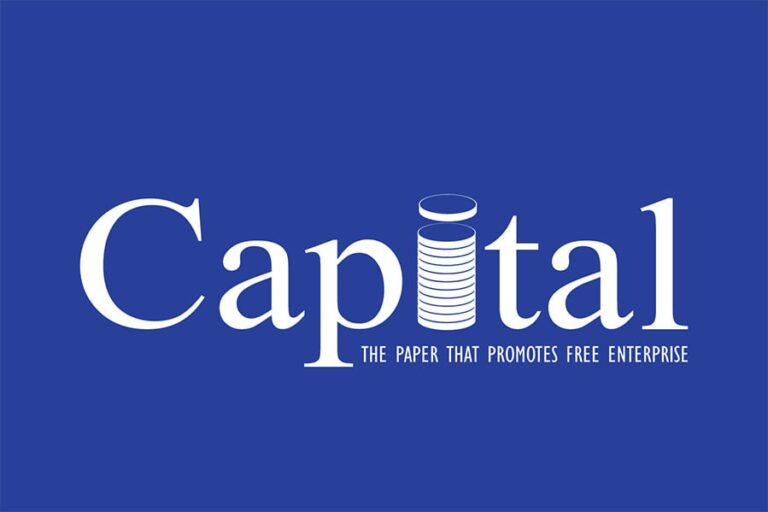The Board of Directors of the African Development Bank Group (www.AfDB.org) has approved a $39.2 million loan to Burkina Faso for a project to boost skill development and resilience among young people, particularly women.
The Multisectoral Project to Support Skills Development for Resilience will be financed through a $13.2 million contribution from the African Development Fund, the Bank Group’s concessional window, and $26 million from the Transition Support Facility, a mechanism designed to assist countries facing significant challenges.
The initiative is timely as Burkina Faso continues to grapple with socioeconomic challenges stemming from a decade-long security crisis. The project is expected to create at least 20,000 jobs and indirectly benefit 175,000 individuals. Its primary goal is to offer young people an alternative to violence and prevent radicalisation by creating opportunities for skill development and employment.
Key project components include occupational training for 61,830 people affected by the security crisis, support for 800 youth entrepreneurs, equipping and capacity building for 35 vocational training centres, financing for 1,200 youth-led projects and 2,000 women-led enterprises, and constructing 1,000 poultry farms and 1,000 small ruminant pens. There will be models on human rights and peacebuilding, civic education, and the promotion and adoption of climate-resilient technologies, including nature-based solutions.
Daniel Ndoye, the Bank’s Country Manager in Burkina Faso, emphasised the project’s importance. “The project comes at just the right time, given the challenging social and security context, characterized by high numbers of internally displaced persons and young people who are facing either unemployment or under-employment and are therefore vulnerable to terrorists,” Ndoye said. He added that the project, to be implemented across seven regions, would strengthen Burkina Faso’s efforts to reduce youth vulnerability by creating decent jobs and providing access to essential social services.
The project will also improve access to basic social services and support distance-learning at Koudougou University (Centre-Ouest region), which currently has the largest number of internally displaced students. At least 1,000 of these students will receive computers to aid them in learning.
Distributed by APO Group on behalf of African Development Bank Group (AfDB).
Media contact:
Alexis Adélé
Communication and External Relations Department
media@afdb.org
About the African Development Bank Group:
The African Development Bank Group (AfDB) is the premier multilateral financing institution dedicated to Africa’s development. It comprises three distinct entities: the African Development Bank (AfDB), the African Development Fund (ADF) and the Nigeria Trust Fund (NSF). The AfDB has a field presence in 41 African countries, with an external office in Japan, and contributes to the economic development and social progress of its 54 regional member states. For more information: www.AfDB.org



